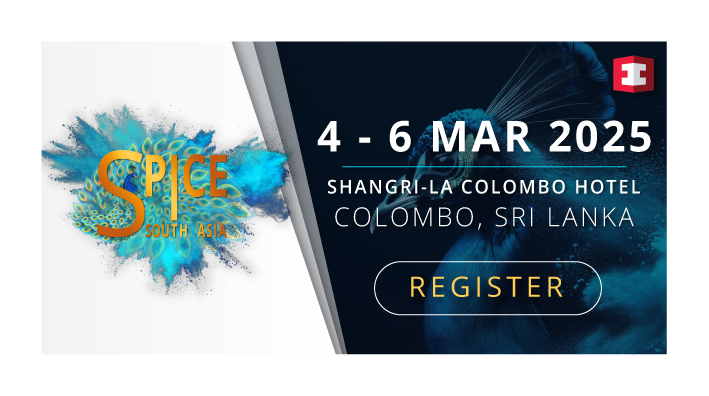VIGE 2017 – RECAP FROM E-GAME SPECTRUM | Innovation Talks 2

The first ever gaming exhibition in Vienna took place last week – the Vienna International Gaming Expo (VIGE 2017) organized by EEGEvents - Part of EEG. Our media team attended the event and we have prepared short recaps about the seminars from the first two days of the expo. We also had the chance to talk to some of the speakers, all of them experienced professionals and visionaries from the gaming industry.
VIGE2017 finished with talks about the future. Following the discussion about artificial intelligence, fantasy sports and the lotteries of tomorrow, Innovation Talks 2 stayed on track.
The importance of email deliverability explained Sebastiaan de Vos from MailMike. The service they created aims to assist the large volume email senders to overcome their day-to-day problems. The concept of MailMike was born from the need to respond to the challenges of the fast-growing and rapidly changing email marketing industry.
Sebastiaan explained that nowadays the filters have become more sophisticated and it's hard to get through them. He stated that 60% of world-wide emails are considered Spam. The speaker also explained the different deliverability issues in gaming like Spam traps and complaints.
Vadim Potapenko from Slotegrator talked about one of the most recent products of the company – the Telegram Casino. It's a messaging app and the advantage is that it doesn't provide data to government or other institutions, the information is encrypted and the chatting is absolutely secure.
The next talk in this track was by Konstandina Zafirovska from BtoBet who talked about augmented reality.
In an interview for e-Game Spectrum we asked the CEO of BtoBet weather it's possible that in the future AR and VR can completely replace the land-based casinos and games.
Maybe in the year 3000. Currently we have different markets – some of them are very advanced and some are only starting and it depends on the maturity of the markets weather a certain technologies can be applied or not. Anyhow the virtual casinos for example are still not widely used, because they have to be regulated. This is where the slowdown comes, because each gaming authority should keep their own rules and requirements about how this will be regulated and certified. Depending on things like generations, the market maturity and how the gaming is perceived in a particular country, this will make the direction for the development of AR and VR.
The Innovation talks continued with Konrad Gill from ViARsys who talked about the Virtual Reality Convergence. He pointed out the main characteristics of Virtual Reality: you not only move in a virtual world, you can manipulate object thus creating a new reality where subjects and objects interact.
Konrad defined the usage of VR as both entertainment and form of escapism.
The last talk on the second day was given by Domagoj Maric from Nsoft who explained to the public the characteristics of virtual games and the demand on them. As one of their main advantages he pointed out that they can be played remotely.
In an interview for e-Game Spectrum we asked Domagoj about the predictions that the future is in the skill games and the demands of the Millennials.
Games of chance do have their own attraction and something that makes them appealing. Some people don’t have skill and they don’t want to acquire it – they just want to spend some time, spend some money, maybe win some money and have some fun. They don’t want to spend hours upgrading their skills so they can raise more money and win the game. I believe both parts have their own arguments and it doesn't depend on a generation, but on an individual and on a product. I believe a product can be appealing to many generations at the same time. We shall not put labels on a whole generation.
Author: Hristiana Petkova
Associate Editor



































rules for writing comments